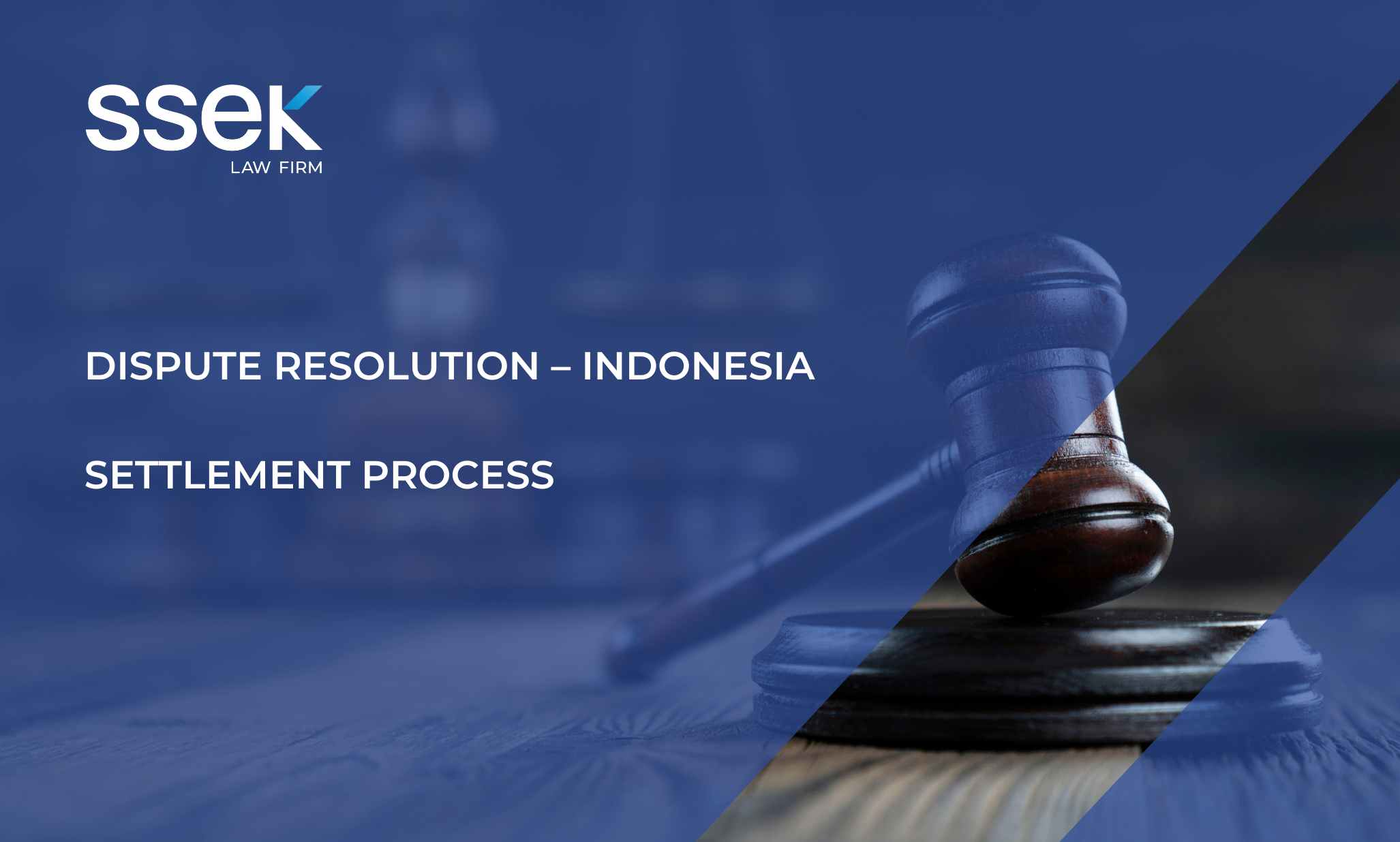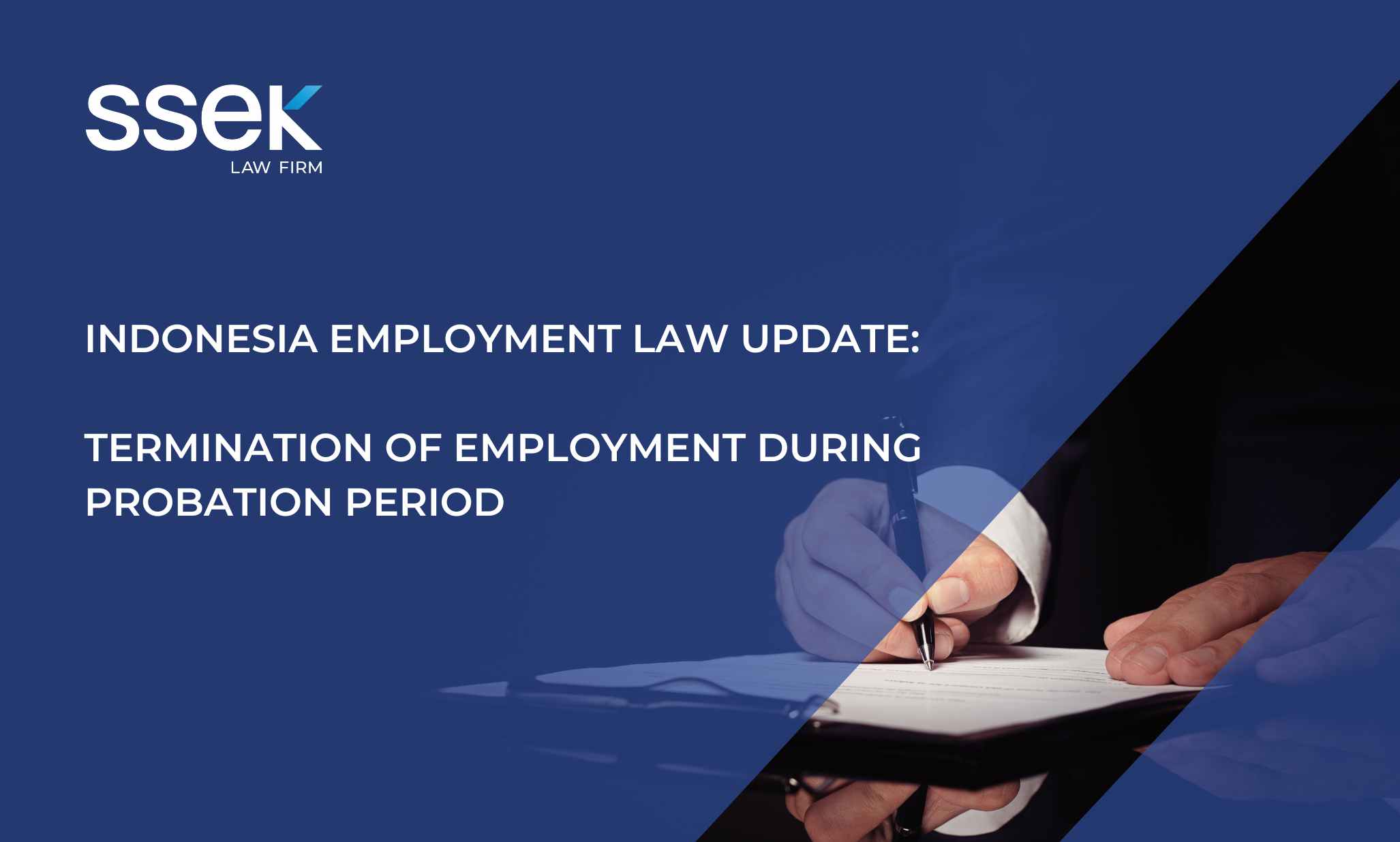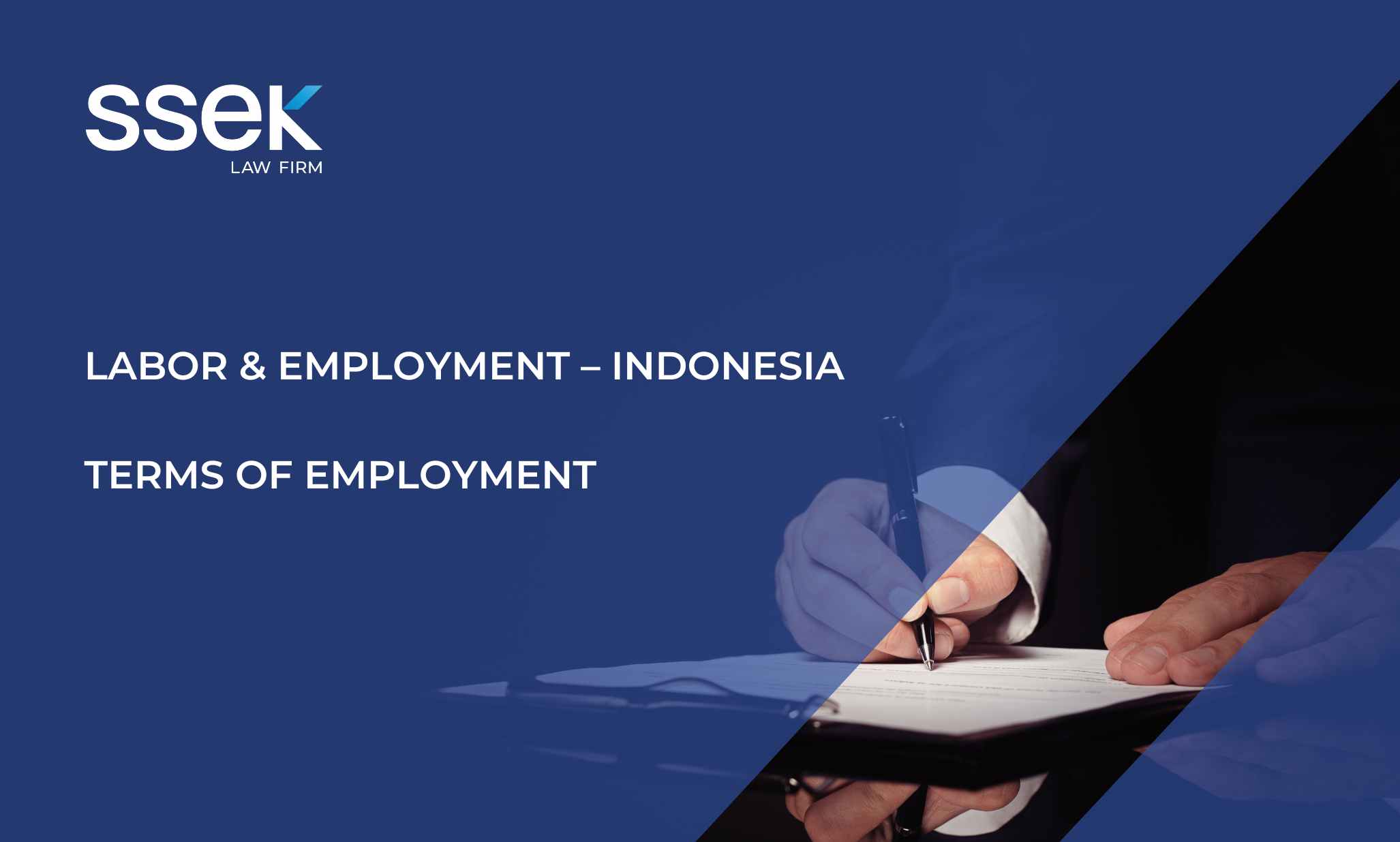

Notifying Agreements
Outline any formal procedure for notifying agreements containing vertical restraints to the authority responsible for antitrust enforcement.
There is no formal procedure for notifying agreements containing vertical restraints.
Authority Guidance
If there is no formal procedure for notification, is it possible to obtain guidance from the authority responsible for antitrust enforcement or a declaratory judgment from a court as to the assessment of a particular agreement in certain circumstances?
The Business Competition Supervisory Commission (KPPU) does not provide any formal guidance for the assessment of a particular agreement. It provides formal written guidance only in certain contexts, namely suggestions to the government, decisions on cases and opinions on mandatory post-merger notification.
Complaints Procedure for Private Parties
Is there a procedure whereby private parties can complain to the authority responsible for antitrust enforcement about alleged unlawful vertical restraints?
The KPPU has issued guidelines that set forth the procedure to report any alleged violations of Indonesia's Antimonopoly Law, including vertical restraint agreements. Any parties knowing of or suffering losses related to vertical restraints may file a written report to the KPPU, including clear information on the alleged violation and the identity of the reporting party. Based on that report, the KPPU will first gather information from both the reporting party and the reported party. It will request the reported party to provide clarification or information on the case. If the information is deemed complete, the KPPU will open an examination. Such examination will take up to 90 days.
Upon the completion of the examination, the KPPU will issue a decision, which must be read out in a hearing that is open to the public. Most KPPU decisions that find vertical restraints result in administrative sanctions and the revocation of an agreement.
Enforcement
How frequently is antitrust law applied to vertical restraints by the authority responsible for antitrust enforcement? What are the main enforcement priorities regarding vertical restraints?
Roughly 80 percent of KPPU decisions concern tender cases. None of the KPPU's decisions last year involved vertical restraints.
What are the consequences of an infringement of antitrust law for the validity or enforceability of a contract containing prohibited vertical restraints?
Indonesian law adopts the principle of freedom of contract, embodied in Article 1338 of the Indonesian Civil Code. The parties to a contract may include a severability provision whereby if one or more of the provisions in the agreement is deemed invalid, void, illegal or unenforceable under any applicable law or decision, the validity, legality and enforceability of the remaining provisions shall not be affected or impaired in any way.
In the case of vertical restraints, a contract containing prohibited vertical restraints will not automatically become null and void. The vertical restraints should be first analyzed and evidenced that the contract results in anti-competitive effects. The KPPU has issued several decisions revoking an agreement that has anti-competitive effects. It can revoke an entire contract or just certain provisions of a contract containing vertical restraints.
May the authority responsible for antitrust enforcement directly impose penalties or must it petition another entity? What sanctions and remedies can the authorities impose? What notable sanctions or remedies have been imposed? Can any trends be identified in this regard?
The KPPU has the authority to directly impose penalties on parties violating the Antimonopoly Law. However, parties can appeal KPPU decisions, in which case the imposition of the penalties shall be undertaken by the designated district court or the Supreme Court.
There are three types of sanction that can be imposed by the KPPU on parties violating the Antimonopoly Law:
- Administrative sanctions - these include:
- termination of prohibited agreements
- an order to end the prohibited activities and the imposition of damages; and/or
- the imposition of fines ranging from 1 billion to 25 billion rupiah.
- Criminal sanctions - these include:
- imposition of criminal fines ranging from 5 billion to 100 billion rupiah, depending on which provisions of the Antimonopoly Law have been violated; or
- in lieu of such criminal fines, imprisonment for up to six months, depending on which provisions of the Antimonopoly Law have been violated.
- Additional criminal sanctions - these include:
- revocation of a company's business license;
- prohibition on the individual business actor holding a position as a director or a commissioner for a period of two to five years; and/or
- termination of certain activities or actions that result in damages to other parties.
Investigative Powers of the Authority
What investigative powers does the authority responsible for antitrust enforcement have when enforcing the prohibition of vertical restraints?
In conducting investigations, the KPPU has the power to summon business actors, witnesses, expert witnesses or any person deemed to have knowledge of a violation of the Antimonopoly Law. It is prohibited for business actors to refuse examination by the KPPU or to refuse to provide requested information for an investigation or examination. The KPPU can obtain assistance from police investigators to make business actors, witnesses, expert witnesses or any other person appear before the KPPU. In practice, the KPPU can also request information from foreign parties if it is relevant to its investigation.
Private Enforcement
To what extent is private enforcement possible? Can non-parties to agreements containing vertical restraints obtain declaratory judgments or injunctions and bring damages claims? Can the parties to agreements themselves bring damages claims? What remedies are available? How long should a company expect a private enforcement action to take?
Private enforcement can be requested by a party affected by a violation of the Antimonopoly Law. The parties to the agreement may claim compensation. There has been one KPPU decision ordering the reported party to pay a fine to the party that suffered a loss. That decision concerned a conspiracy between business actors. However, to date there has been no KPPU decision or judgment on vertical restraints applicable for private enforcement.
Reproduced with permission from Law Business Research Ltd. This article was first published in Getting the Deal Through: Vertical Agreements 2014. For further information, please visit www.GettingTheDealThrough.com.
This article is intended for informational purposes only and does not constitute legal advice. This article should not be acted upon in any specific situation without appropriate legal advice.









